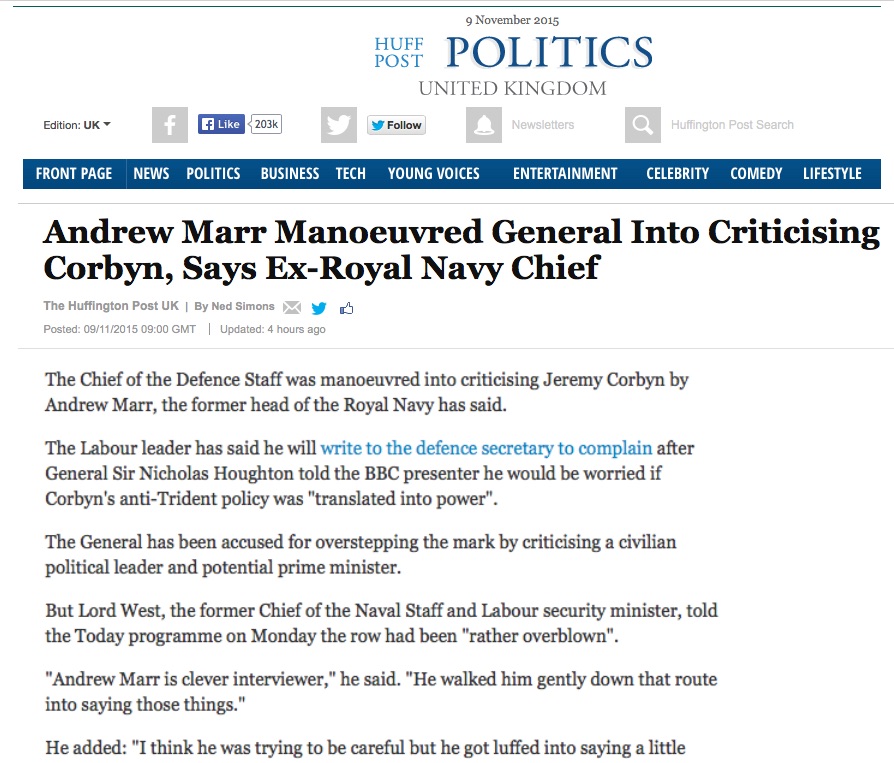The marketing basic that most serious execs ignore
Storm Imogen is grabbing headlines in the UK this week, following storm Henry last week and reminding us all of the experiment being run by the UK and Irish Met Office to name storms. It began in September last year and since then we have had eight named storms including Abigail, Desmond and Gertrude. The reason given for the experiment is the belief that the naming helps efficient communication and means ‘the public will be better placed to keep themselves, their property and their businesses safe’. In doing this the two Met Offices are clearly following a system that began in 1953 in the US, and has named all hurricanes since then.
Basic communication tool
Giving memorable and easily identifiable names to something is a basic communication tool which we all use at home when we name our children and pets, give nicknames to our neighbours or name our boats and cars. So why do senior executives, particularly in software, tech and financial services companies wilfully chose not to do this?

Spock in 1967 StarTrek. Naming a product after a well loved character makes it memorable.
So let’s take a hypothetical example. Imagine we have a new bit of software, aimed at the small business market and called SME Payroll Overpayments Corrector. The name is a mouthful but call it SPOCK (S-P-O-C (k)) instead and suddenly we have something memorable and easy to talk about. It doesn’t have to be an acronym, that is just one easy way of doing it. But you could call this widget Pegasus or Humphrey or Matilda without any justification, or name it after the inventor or the Saints Day of the launch. Whatever is chosen will be more memorable than SME Payroll Overpayments Corrector.
Too frivolous
The funny thing is, and I have seen this many times, when PR or marketing professionals suggest to serious executives that they deploy this simple trick, the idea is rejected as being ‘too frivolous’ or ‘out of line with the group branding’.
In one dismissive stroke of ‘group think’ one of the most basic marketing tricks of all is dismissed. And sadly it will be these same executives who are likely to later complain that the brilliant new product or widget has not had the recognition, traction or media coverage they would have liked.
Cats and Apple

Apple are now naming their operating systems after Californian landmarks
The tech company Apple is much admired as a well-run business. Why do we think they chose to name their operating systems after cats (Cheetah, Puma, Jaguar etc.)? Because it made them memorable and easier to talk about. Of course for the geeks, all these also had numbers such as 10.3 and 10.4 etc. But the cat name was given prominence. Recently Apple ran out of cats and has moved to naming operating systems after well-known Californian locations: Mavericks, Yosemite etc. Here is a fuller explanation from Business Insider.
Brics and Ticks
The naming trick has also been deployed with great effect in economics and investment circles, many, many times. Think of bulls and bears for example. Jim O’Neill is a British Economist once chairman of Goldman Sachs Asset Management. He is best known for coining the acronym BRICs in the early 2000’s. As all my bankers will know this stands for Brazil, Russia, India and China but the acronym is used in the context of the (once) fastest growing emerging economies. Recently the FT was arguing that BRICs have now been superseded by TICKs – Taiwan, India, China and South Korea, the new darlings of emerging market investors.
And just in case you are still thinking this is all too silly, let’s remember the genius who in 1993, rather late in a crowded market of new mobile phone companies (many of which subsequently fell by the wayside) decided to call his company Orange. Who would have thought that would work!





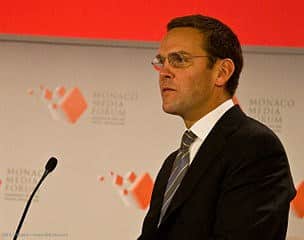
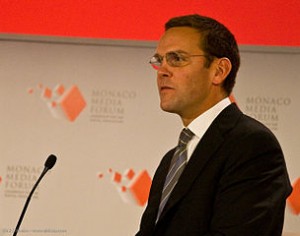


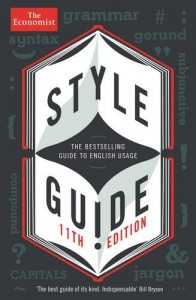
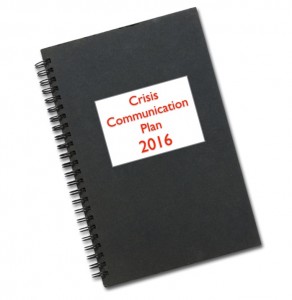
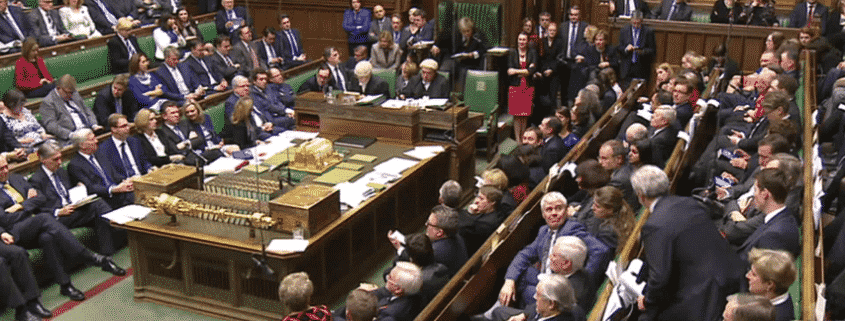
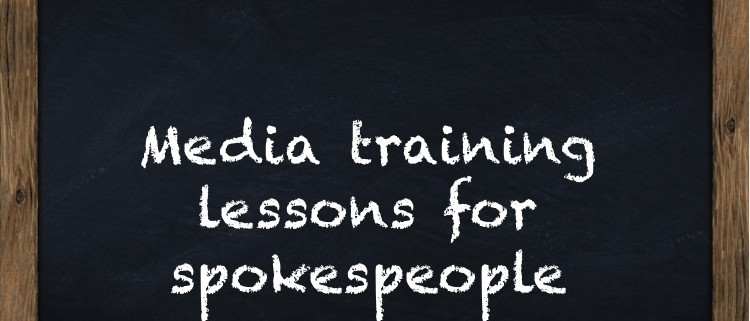
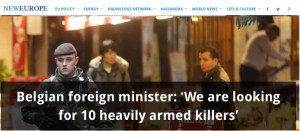
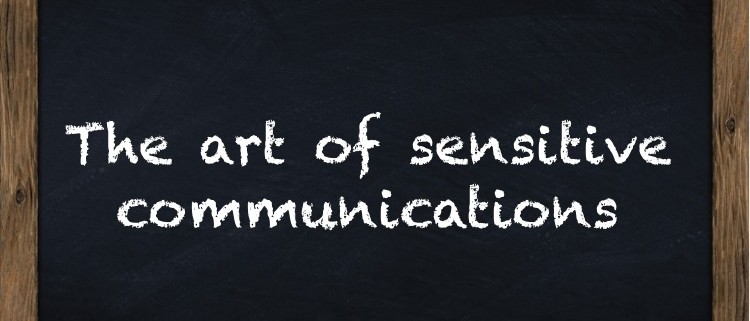
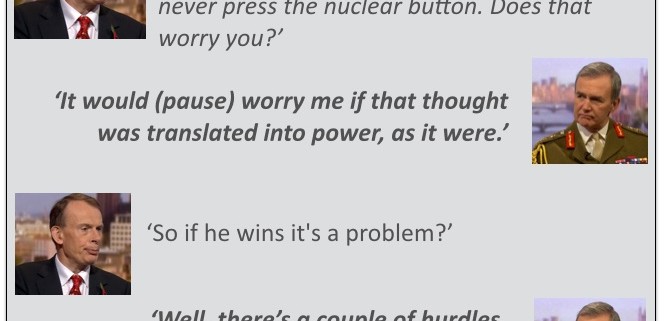
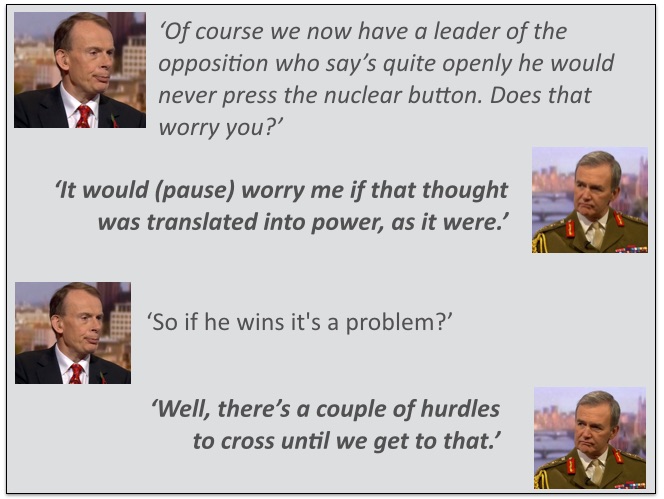
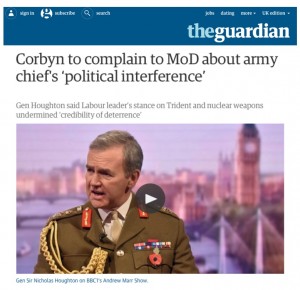 For those who haven’t followed this, Corbyn is a life long member of CND (Campaign for Nuclear Disarmament) and is hoping to persuade his party and the country to vote against spending between £20 and £100 billion on renewing Trident – Britain’s nuclear deterrent.
For those who haven’t followed this, Corbyn is a life long member of CND (Campaign for Nuclear Disarmament) and is hoping to persuade his party and the country to vote against spending between £20 and £100 billion on renewing Trident – Britain’s nuclear deterrent.